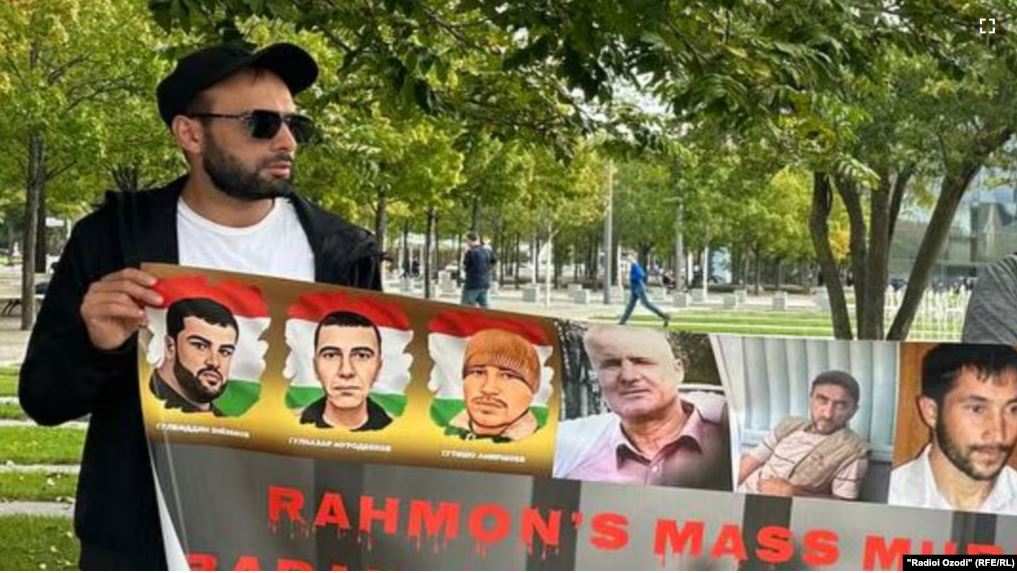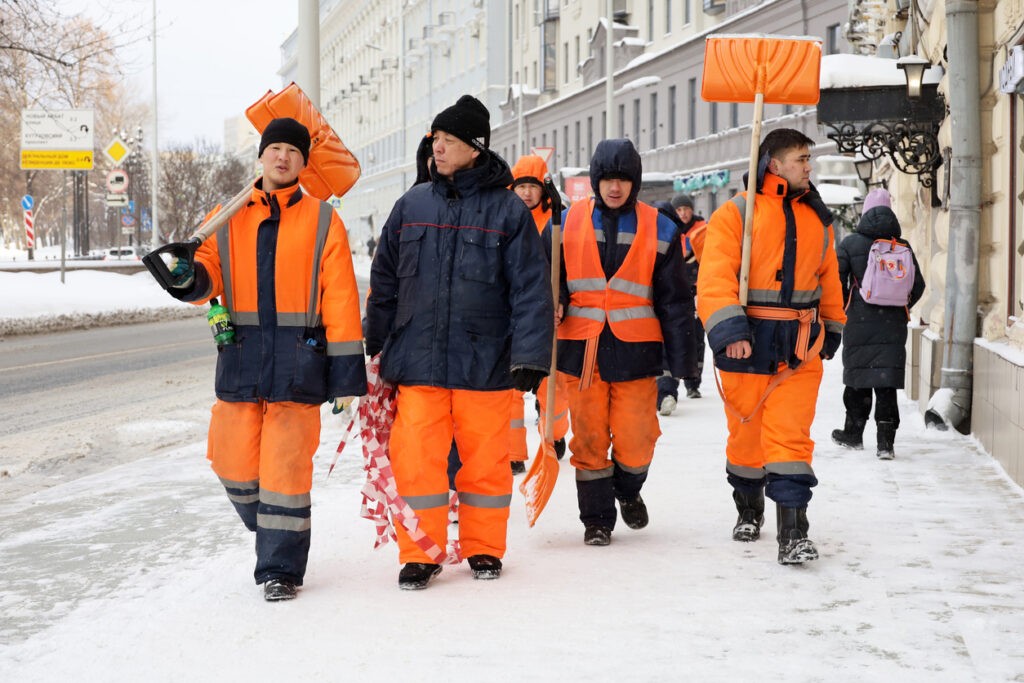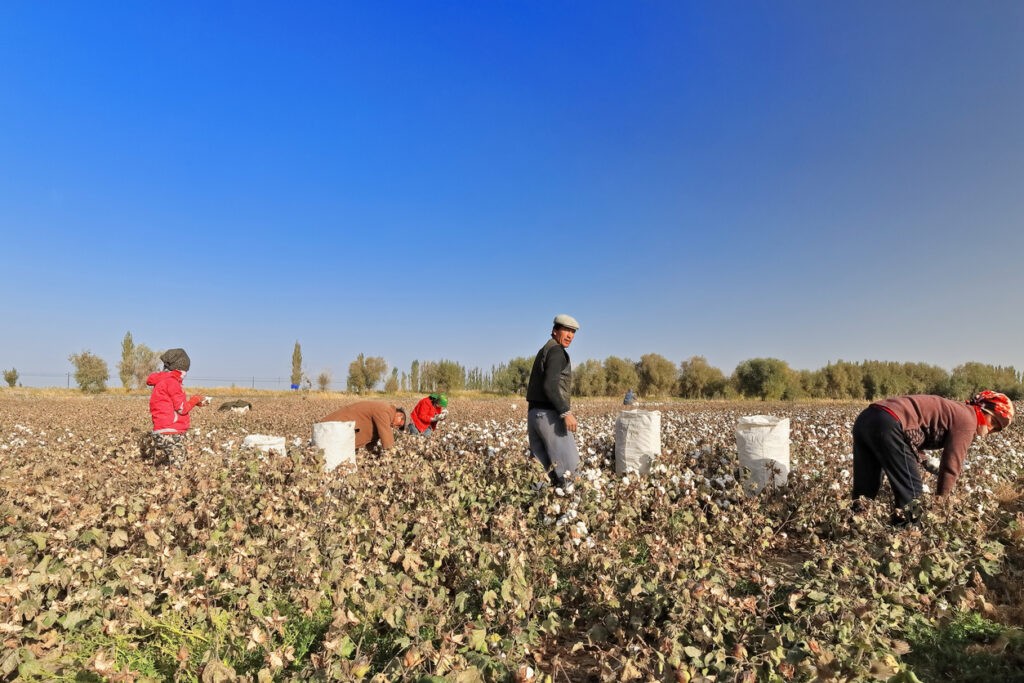Tajikistan Detains Opposition Activist Ergashev for Two Months
Tajik opposition activist Dilmurod Ergashev, formerly of the Group of 24, was detained and arrested in Dushanbe for two months. This was reported to Radio Ozodi by Sharofiddin Gadoev, leader of the Movement for Reforms and Development of Tajikistan, citing sources. However, Tajik authorities have not officially confirmed the information. Gadoev stated that Ergashev was brought to Dushanbe on a flight from Istanbul on the morning of November 7 and handed over to local law enforcement immediately upon arrival. The next day, the Sino District Court in Dushanbe, in a closed session, ordered his provisional detention for two months. When contacted, the Sino District Court claimed it had no information on Ergashev's case and advised journalists to submit an official inquiry. Gadoev alleges that Ergashev is currently held in Tajikistan's GKNB pre-trial detention center, where he is reportedly denied access to a lawyer and legal assistance. This information could not be independently verified, and the press office of the Tajik Interior Ministry also stated it was not involved in the case. The 40-year-old opposition activist was deported from Germany on November 6. According to his lawyer and friends, Ergashev attempted to harm himself by slitting his veins as police prepared to escort him to Düsseldorf Airport. However, following medical treatment, the deportation proceeded. Ergashev, who had lived in Germany for 13 years, was detained on October 28 in the town of Kleve and taken to a local administrative court, which ordered his deportation to Tajikistan. His lawyers contend that the court overlooked his pending application for political asylum, still under review by another judicial authority. Since 2015, dozens of Tajik citizens opposing their government have sought asylum in Europe, particularly in Poland and Germany. In recent years, the EU has deported several of these individuals, including Abdullo Shamsiddin, Bilol Kurbonaliev, and Farrukh Ikromov. Abdullo Shamsiddin, the son of Shamsiddin Saidov—a banned Islamic Renaissance Party of Tajikistan (IRPT) activist—received a seven-year prison sentence, while Bilol Kurbonaliev, another Group 24 member, was sentenced to ten years in prison. Farrukh Ikromov, deported from Poland, received a 23-year sentence. Another activist, Hizbullo Shovalizoda, an IRPT member extradited from Austria in 2020, was sentenced to 20 years in prison in Tajikistan.





